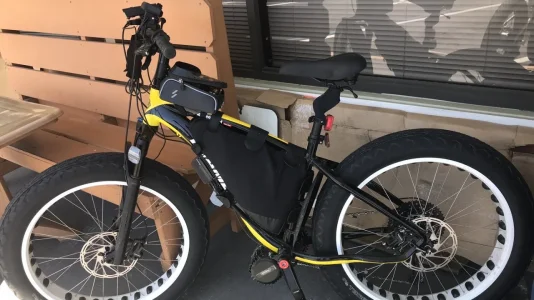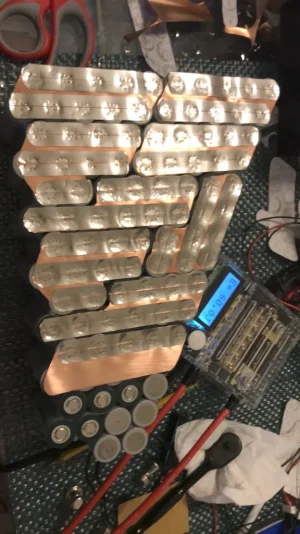Just curious if anybody has any experience with lithium batteries? There is big initial cost but supposedly 1 lithium has 2 to 3 times the capacity of an equivalent AGM and a fraction of the weight.
Original link: https://youtu.be/PCBhbezGPJc
I'm thinking about going this route with a trailer I'm building but seems too good to be true? Will one 30lb battery and a couple 100 watt solar panels be all I need?
Original link: https://youtu.be/PCBhbezGPJc
I'm thinking about going this route with a trailer I'm building but seems too good to be true? Will one 30lb battery and a couple 100 watt solar panels be all I need?


